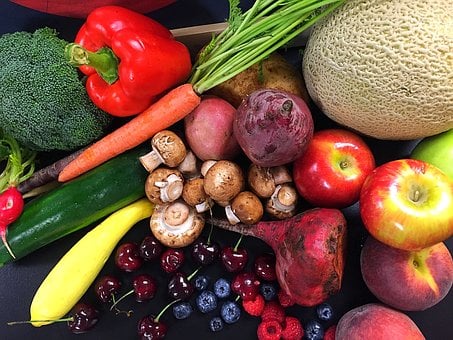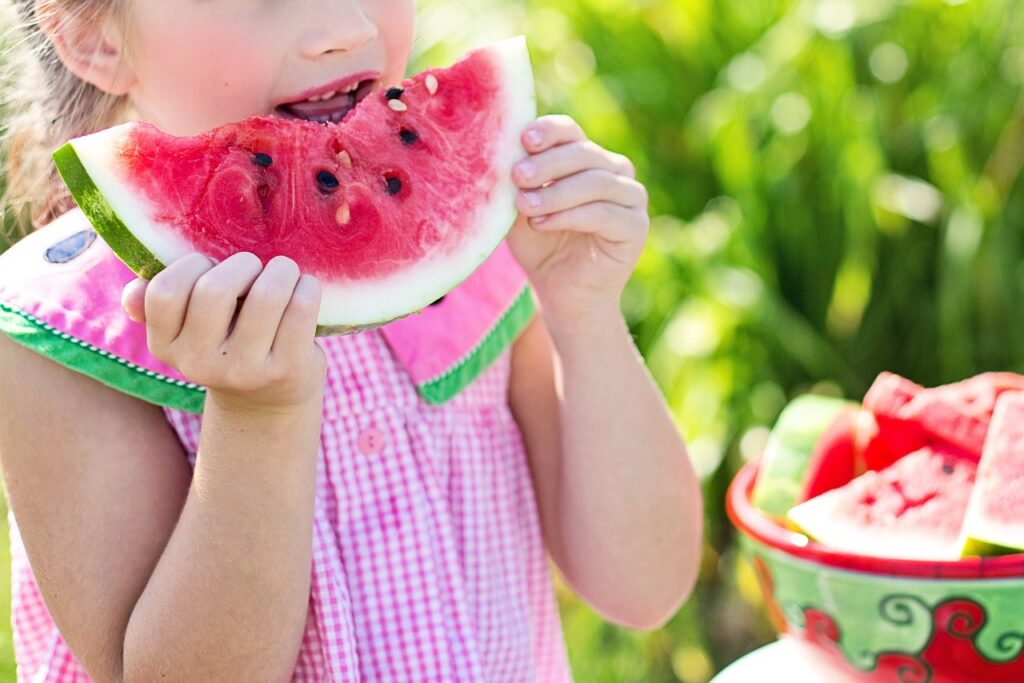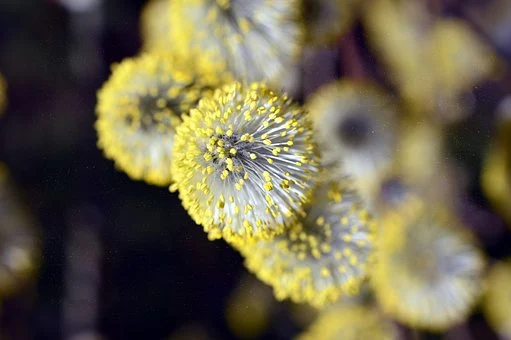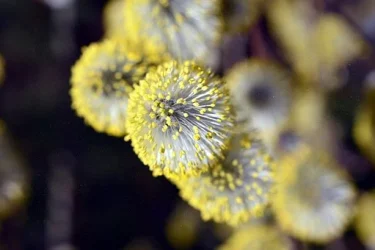Hello !
Hay fever is a disease that afflicts many people.
Not only in spring, but from spring to fall, our body reacts to various kinds of pollen, causing all kinds of symptoms such as sneezing, runny nose, headache, itchy eyes, and so on.
I am totally insensitive to pollen and unaware of it.
My daughter, however, has very severe hay fever and reacts to it to the extent that she goes into anaphylactic shock.
Symptoms of hay fever
From the time he was 10 years old, around April, his eyes would suddenly become itchy and he would not be able to go to school.
It worsened as the years went by, and once, when he was 16 years old, he suddenly complained of a tightening pain in his throat while riding his bicycle to school.
Also, when I was doing physical education in school, I felt the same pain….
At first, I had no idea why this was happening. I had no idea, but I decided to see an allergist anyway.
However, even after blood tests, they could not find anything that would cause such severe symptoms, and told me that it was probably asthma. In fact, my son has asthma.
My son actually has asthma, and I thought I knew what the symptoms of asthma were like, so I thought this was different, and searched the Internet.
Then, to my surprise,
I found out that there were vegetables and fruits that the body reacts to when hay fever occurs and the hay fever sufferer eats them!
Relationship between pollen and raw food

Cedar pollen → Tomato
Japanese white birch pollen → apples, peaches, cherries
Rice family pollen → tomatoes, watermelons, melons, oranges
Mugwort, ragweed pollen → watermelon, melon, celery
~*~*~*~*~*~*~*~*~*~*~*~*~*~*~*~*~*~*~*~*~*~
For example, a person who reacts to cedar pollen may experience itching or numbness in the lips, tongue, mouth, or throat when eating tomatoes.
Such symptoms are called “oral allergy syndrome.
This is only during the cedar pollen season.
If the food is cooked and eaten, these symptoms often do not occur, even during the hay fever season.
This is because the allergens in fruits and raw vegetables that cause oral allergies are heat sensitive.
Hay fever sufferers have IgE antibodies to pollen allergens.
Since fruit and raw vegetable allergens are similar in structure to pollen allergens, IgE antibodies react to them, causing an allergy in the oral cavity.
When I learned that people like my daughter could have symptoms similar to anaphylactic shock, I started to pay attention to my diet as much as possible.

Later, when my daughter had to go to an ENT and told the doctor that she had had such symptoms, the doctor knew about the fruits and raw vegetables to which pollen allergic people react.
Also, my daughter had such symptoms even when she exercised, so we saw a different allergist than the previous one.
The doctor was the same doctor who treated my son’s asthma, but his daughter’s symptoms were of a less common type, so I consulted another allergist about my daughter’s symptoms.
She was told to avoid those foods during the pollen season, to refrain from exercising, and to carry an inhaler and an EpiPen (an injection given in case of anaphylactic shock) in case of emergencies.
Allergies are really scary.
They can become worse during puberty, when one’s physique and constitution changes, or, conversely, like my son’s, asthma can go away as one grows older.
It is different for each person, but I think it is good to know it as knowledge.
I have noticed that I have a strange feeling during the hay fever season. Something is not right? If you have any questions, please check it out.
I hope this will be helpful to you.
Thank you for reading to the end.



